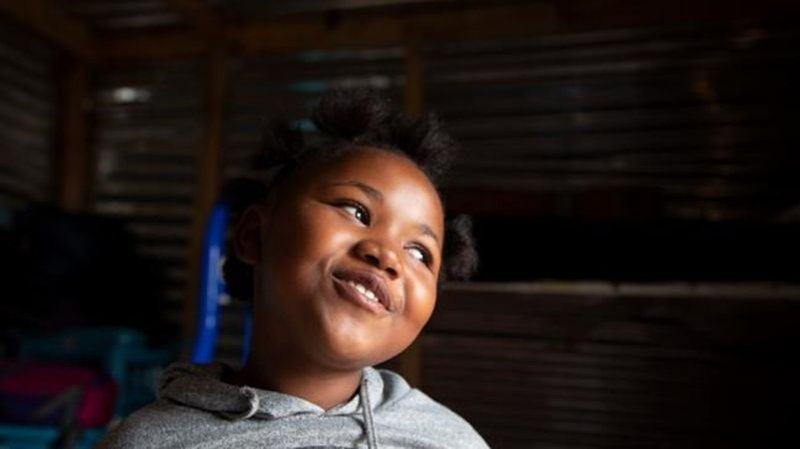
Global pandemic: Through the eyes of the world’s children
CHICAGO — These are children of the global pandemic.
In the far-north Canadian town of Iqaluit, one boy has been glued to the news to learn everything he can about the coronavirus. A girl in Australia sees a vibrant future, tinged with sadness for the lives lost. A Rwandan boy is afraid the military will violently crack down on its citizens when his country lifts the lockdown.
There is melancholy and boredom, and a lot of worrying, especially about parents working amid the disease, grandparents suddenly cut off from weekend visits, friends seen only on a video screen.
Some children feel safe and protected. Others are scared. And yet, many also find joy in play, and even silliness.
